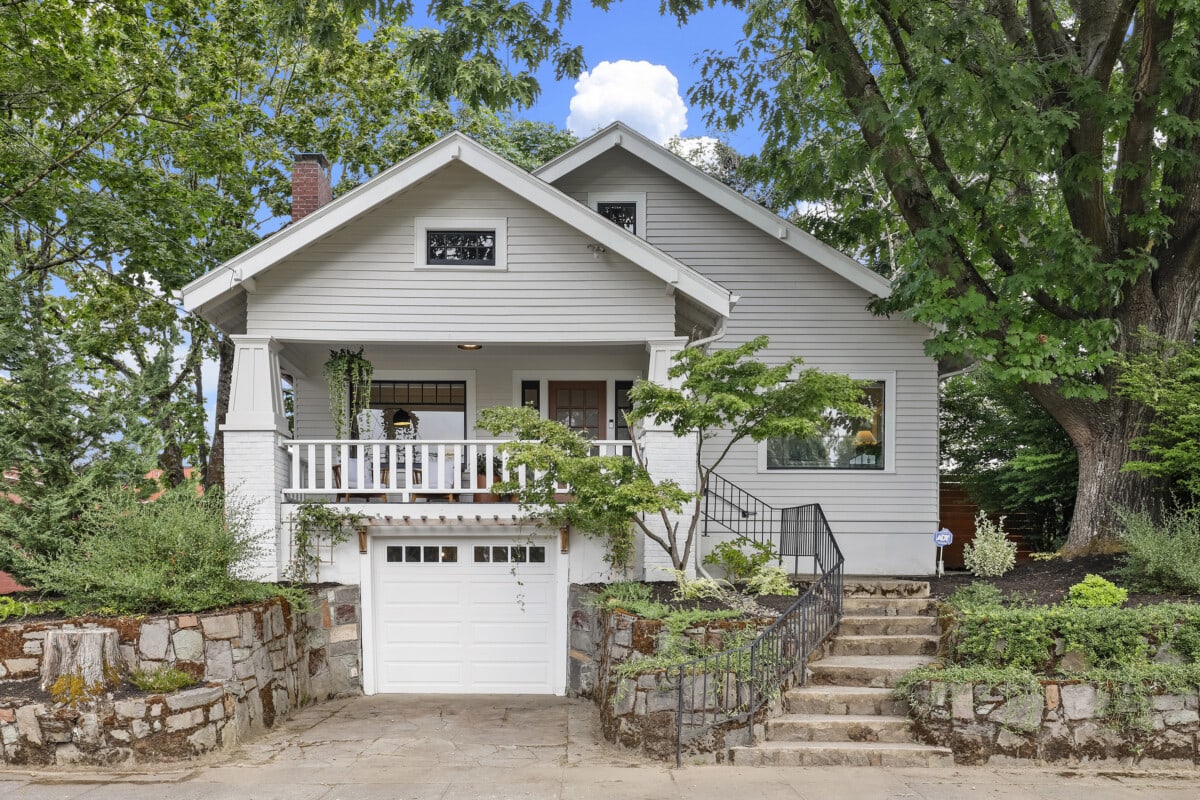Is the Seller Responsible for Any Repairs After Closing?

Wondering if a seller is responsible for issues found after closing a sale? The short answer is – no, the seller is not responsible for repairs after closing unless otherwise stated in the purchase agreement or if they failed to disclose a known issue. Once the home sale is finalized and ownership transfers, repair responsibilities typically shift entirely to the homebuyer.
However, there are a few exceptions that buyers and sellers should be aware of. Whether you’re in Portland, Atlanta, or anywhere in between, this Redfin real estate guide walks you through the key steps to keep the process smooth and above board.
What happens to repair responsibilities after closing?
Once the closing documents are signed and ownership is transferred, the buyer typically assumes all responsibility for the home, including its condition. This includes:
- Plumbing, electrical, or structural issues
- Cosmetic flaws
- Appliances and HVAC systems
Unless otherwise stated in the purchase agreement, the seller is not responsible for repairs after closing.
When a seller may be liable
There are some situations where the seller could still be responsible for repairs or costs after closing:
1. Failure to disclose known issues
If the seller knew about a problem and failed to disclose it (e.g., mold, leaks, foundation issues), the buyer may have legal grounds to sue for non-disclosure or fraud.
2. Post-closing agreement or escrow holdback
Sometimes, repairs are agreed to but not completed before closing. In that case, funds may be held in escrow and released once the work is done. If the seller doesn’t follow through, they’re still responsible.
3. Contractual obligations
If the purchase contract includes a clause that the seller must make specific repairs, even after closing, they’re legally required to follow through.
How to protect yourself as a buyer
To avoid surprises:
- Get a home inspection and review the report carefully
- Request repairs or negotiate credits before closing
- Include a repair clause or escrow holdback in your purchase contract
- Review all seller disclosure forms
Tips for sellers
To minimize liability:
- Disclose all known defects (even if they seem minor)
- Complete agreed-upon repairs before closing
- Keep receipts and documentation of all work done
- Don’t leave behind property or incomplete projects
FAQs
Is the seller liable for any repairs after closing?
Only if they failed to disclose a known issue or agreed to fix something post-closing; otherwise, the buyer assumes responsibility once the sale is final.
Can a buyer sue a seller after closing?
Yes, but only under certain conditions, such as fraud, misrepresentation, or breach of contract.
What is a repair escrow?
It’s an arrangement where part of the seller’s proceeds are held in escrow to cover repairs that will be completed after closing. If repairs aren’t done, the funds are released to the buyer.
Do sellers have to fix everything the home inspector finds?
No. Inspection reports can be used for negotiation, but the seller isn’t automatically required to fix everything unless agreed upon in the contract.
Bottom line: In most cases, the seller is not responsible for repairs after closing, unless they concealed a major defect or agreed in writing to fix something post-sale. Whether you’re buying or selling, having a solid contract and clear communication is key to avoiding surprises.
Source link






